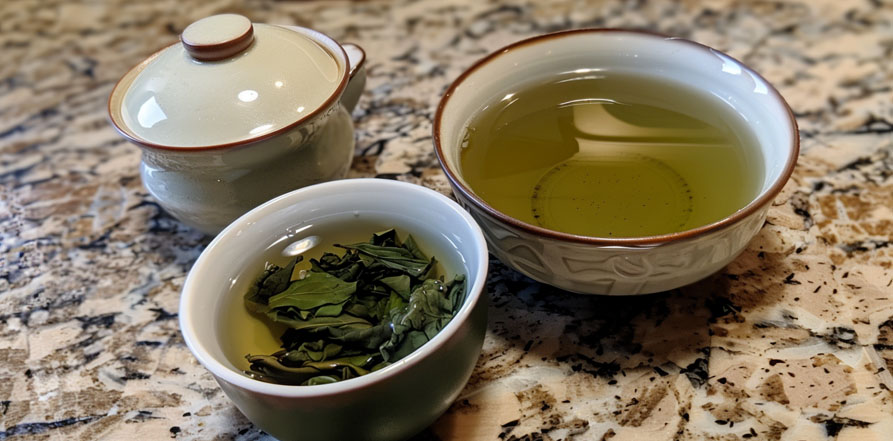By Donnie Yance
“You may not control life’s circumstances, but getting to be the author of your life means getting to control what you do with them.”
Atul Gawande (2014). “Being Mortal: Illness, Medicine and What Matters in the End”, p.143, Profile Books
You know the drill. Thanksgiving approaches, and somewhere between planning the menu and bracing for family dynamics, you’re supposed to pause and count your blessings. Maybe you even make a list: health, home, people you love, work that sustains you. The exercise feels right, even virtuous. But if you’re honest, sometimes it also feels a little hollow—like you’re checking a box labeled “gratitude” without actually feeling much of anything.
We often think of gratitude only in humanistic terms—I am grateful for my home, friends, family, and good health. But what about seeing gratitude through a different lens: one that’s less tangible, one that might require us to step out in faith, embracing the unknown and connecting us to the universal One and Agape (Divine Selfless Love)?
Continue reading “Thanksgiving: A Time For Gratitude – But What Does That Mean?”





